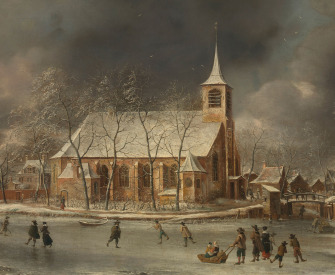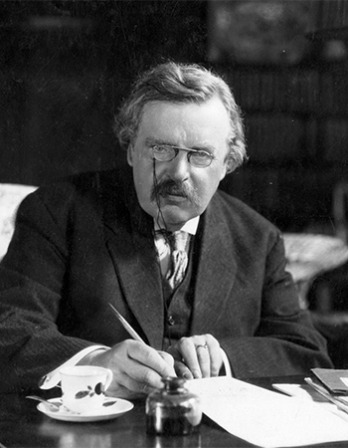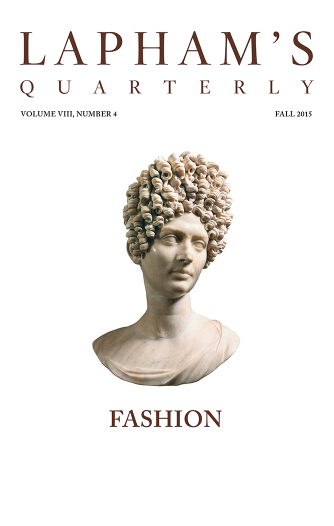Man may freely go so far as to say: all excellence whatever and all orders of prayer whatever, in body or in spirit, are in the realm of free will, as well as the mind that dominates the senses.
But when the influence of the spirit reigns over the mind that regulates the senses and the deliberations, freedom is taken away from nature, which no longer governs but is governed. And how could there be prayer at that time, when nature does not possess power over itself, but is conducted by an outward force without knowing whither? Nature, then, does not direct the emotions of the spirit according to its will, but captivity reigns over nature in that hour and conducts it there, where sensual apperception ceases, because nature even has no will at that time, even to the extent that it does not know whether it is within or outside the body, as scripture testifies. Does such a one have prayer who is a captive to this degree and who even does not know himself?
From a treatise by Isaac of Nineveh. While serving as bishop of Nineveh around 676, Isaac was asked to resolve a dispute between a debtor and a creditor, but his recommendation for a loan extension was ignored because he had cited the Bible. Discouraged, he left his post after only five months, claiming that he retired for a “reason which God knows,” although some scholars have suggested that he was asked to leave because he was a foreigner. He became an ascetic, spending his last days in the monastery of Rabban Shapur; it is said that he went blind from excessive reading.
Back to Issue




